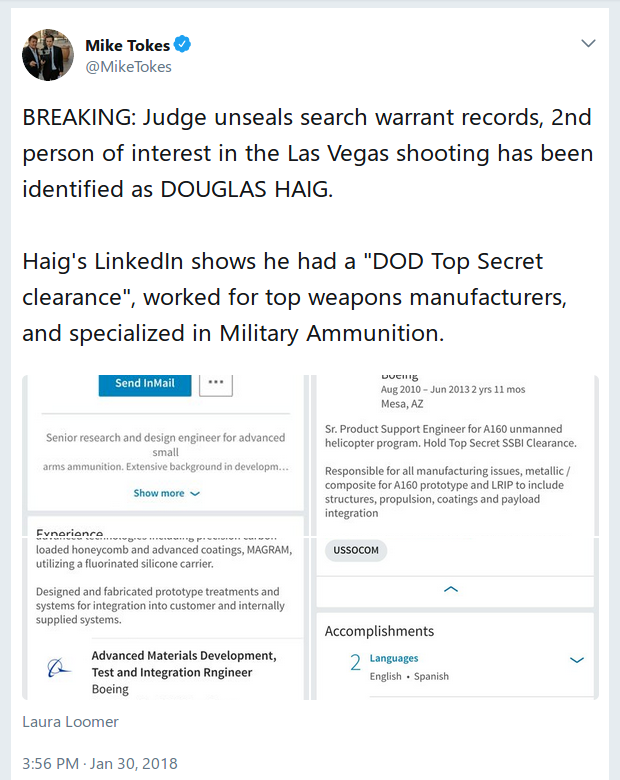Fox News:
The biennial report of the U.N. Secretary General on Small Arms and Light Weapons, issued in December, leaves little doubt about activists’ priority for 2018: to have ammunition included in the PoA, even though ammunition already has its own instrument, the harmless International Ammunition Technical Guidelines.
The impracticality of focusing on a consumable commodity like ammunition, of which tens of billions of rounds are produced annually, will not deter the activists.
The PoA is also likely to return to an obsession with marking and tracing modular firearms — such as the AR type of firearm popular in the U.S. — and with polymer (i.e. plastic) and 3-D printed firearms. These are, at best, niche issues, if they are issues at all.
What the PoA is guaranteed not to do is to eliminate the exemption that allows China to leave its firearms unmarked in any meaningful way, thereby making them nearly impossible to trace.
Getting rid of the Chinese exemption would be a genuinely useful step, but the PoA is not about doing useful things. The best the U.S. can do, therefore, is to try and ensure that the PoA does nothing at all. The U.S. certainly cannot agree to any obligation to do the impossible by tracing every bullet it produces.
The ATT conference in August, fortunately, should be less fraught. The treaty is now, on its own terms, an obvious failure — nations are not paying their dues or filing required reports. The only thing left for the U.S. to do is for President Trump to ‘unsign’ it, and leave those nations that wish to keep on pretending to take it seriously to pay for their meetings on their own.
But just because the ATT is accomplishing nothing useful doesn’t mean the U.N.’s efforts are having no impact on the U.S. The most disturbing thing I learned at the SHOT Show was that U.S. importers were having increasing difficulties — which they linked directly to the United Nations.
One firm which relies on imports of parts from India found that New Delhi — acting under the guidance of the International Small Arms Control Standards, yet another mischievous U.N. initiative — had impounded an entire shipment worth millions of dollars, on the grounds that these parts had to be controlled under a technical definition that India did not understand and which those who did found close to meaningless.
Other nations will no longer ship arms to the U.S. — even to the U.S. government.
Another firm that imports firearms from southeastern Europe now has only one reliable route off the continent — from Slovenia to Austria to the German port of Hamburg. Many shipping firms departing from European ports will no longer take cargoes of arms — even when all export and transit licenses are in order — and even proper licenses do not always prevent cargoes from being seized en route. These problems began to appear after the ATT, which requires controls on the transit of arms, entered into force.
Activists will no doubt celebrate these developments as victories. They should think again. As shipping by sea becomes harder, legitimate firms will be forced to turn to air freight — which offers an easier route for the unscrupulous.
If southeastern Europe does not sell its firearms to the U.S., those arms will find their way to conflicts in Africa or the Middle East.
And as it becomes harder to import parts and components, U.S. manufacturers will source domestically — as, indeed, they are already starting to do.
I’m not entirely sure I understand this commentary by Ted, whom I’ve found to be a good researcher. If I’m not mistaken he is suggesting that the UN agreement, which apparently we’ve signed, is making it hard to import parts into America for the building of firearms. If this happens to ammunition too, it will throttle the flow to users.
Okay, if this is the point, I’ve got it, and competition is always a good thing. But I’ve got to believe that in the total absence of imports for parts – whether guns or ammunition – American manufacturers would step up their game. That might in fact lead to an increase in prices too.
Bottom line: you don’t have enough ammunition, right now or in the future. Neither do I.




